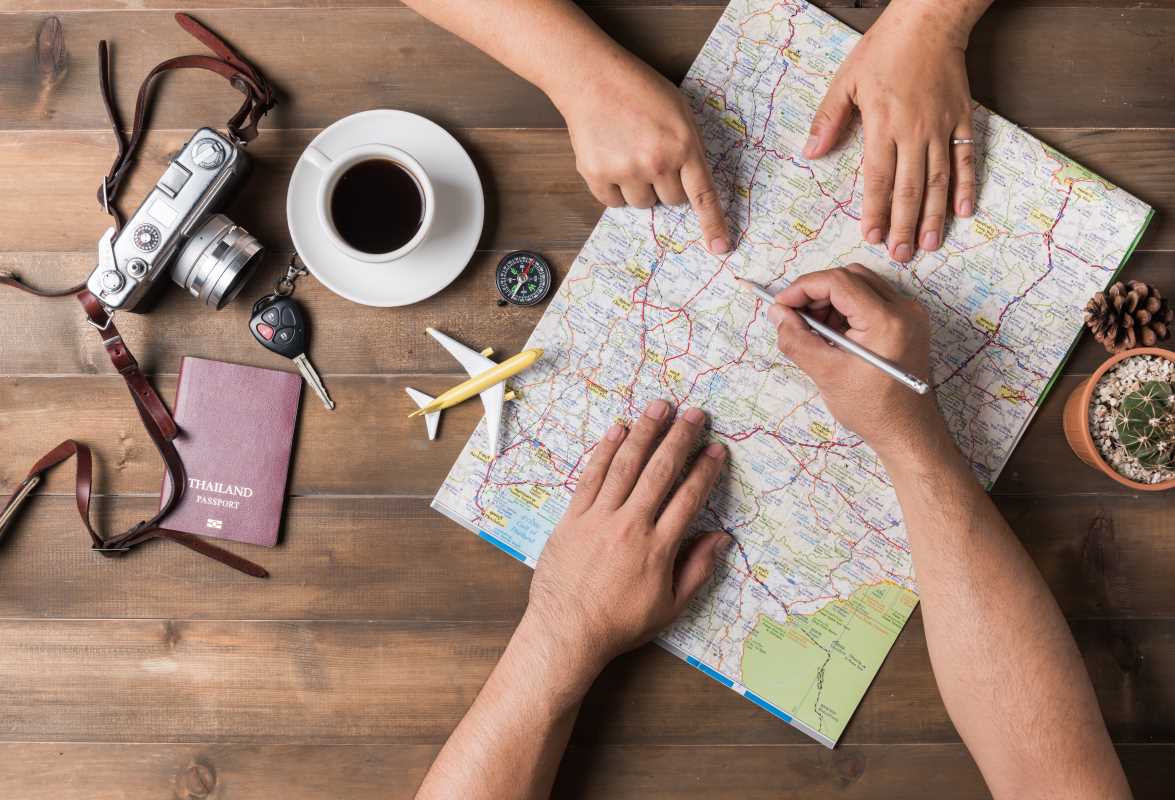Embarking on a journey to different parts of the world opens up a world of opportunities to explore new cultures, traditions, and perspectives. However, it's crucial to approach travel with cultural sensitivity to ensure respectful and ethical interactions with locals. Navigating cultural sensitivity can enrich your travel experiences and foster meaningful connections with people from diverse backgrounds. Here is a guide to ethical travel that will help you navigate unfamiliar territories with respect and mindfulness.
Understanding Cultural Context
When traveling to a new destination, take the time to research and understand the cultural norms, traditions, and history of the place. By educating yourself about the local customs and practices, you can avoid unintentionally offending the residents. For example, in some countries, it is customary to remove your shoes before entering a home, while in others, it may be disrespectful to show the soles of your feet. Being aware of these nuances will demonstrate your respect for the local culture and enhance your travel experience.
Respecting Local Customs
Respect for local customs is key to ethical travel. Whether it's dressing modestly in conservative societies, refraining from public displays of affection, or following specific dining etiquette, adapting to the customs of the destination shows your willingness to embrace the local way of life. Engaging with locals in a respectful and open-minded manner will not only enrich your travel experience but also promote cultural exchange and understanding.
Supporting Local Communities
One of the pillars of ethical travel is supporting local communities and economies. Instead of patronizing multinational chains, opt for locally-owned businesses, markets, and artisans to contribute directly to the local economy. By purchasing handmade crafts, sampling traditional cuisine, and hiring local guides, you can empower community members and preserve cultural heritage. Additionally, engaging in responsible tourism practices, such as minimizing environmental impact and respecting wildlife, demonstrates your commitment to ethical travel.
Cultivating Empathy and Openness
Traveling with empathy and openness allows you to connect on a deeper level with people from different cultures. By approaching interactions with curiosity, humility, and a willingness to listen, you can foster meaningful cross-cultural exchanges and bridge cultural divides. Embrace the opportunity to learn from locals, share your own experiences, and cultivate empathy for perspectives different from your own. This approach not only enriches your travel experiences but also promotes mutual respect and understanding.
Fostering Intercultural Communication
Effective communication is essential for navigating cultural sensitivity during travel. Be mindful of language barriers and non-verbal cues, and make an effort to learn basic phrases in the local language. When interacting with locals, practice active listening, ask questions respectfully, and show genuine interest in their stories and traditions. Building positive relationships through clear communication and mutual understanding lays the foundation for meaningful cultural exchanges and lasting connections.
Mindful Consumption and Sustainability
As an ethical traveler, strive to minimize your environmental footprint and support sustainable practices. Choose eco-friendly accommodations, reduce single-use plastics, and opt for responsible tour operators that prioritize conservation efforts. Respect wildlife and natural habitats, and participate in community-based initiatives that promote environmental stewardship. By making mindful choices that prioritize sustainability, you can contribute to the preservation of natural landscapes and cultural heritage for future generations.
In conclusion, navigating cultural sensitivity is a cornerstone of ethical travel that allows you to engage with diverse cultures respectfully and responsibly. By understanding cultural context, respecting local customs, supporting local communities, cultivating empathy and openness, fostering intercultural communication, and prioritizing sustainable practices, you can enrich your travel experiences and make a positive impact on the destinations you visit. Embrace the opportunity to explore the world with a mindset of cultural humility and mutual respect, and you will create memories that transcend borders and unite people from all walks of life.
 (Image via
(Image via





